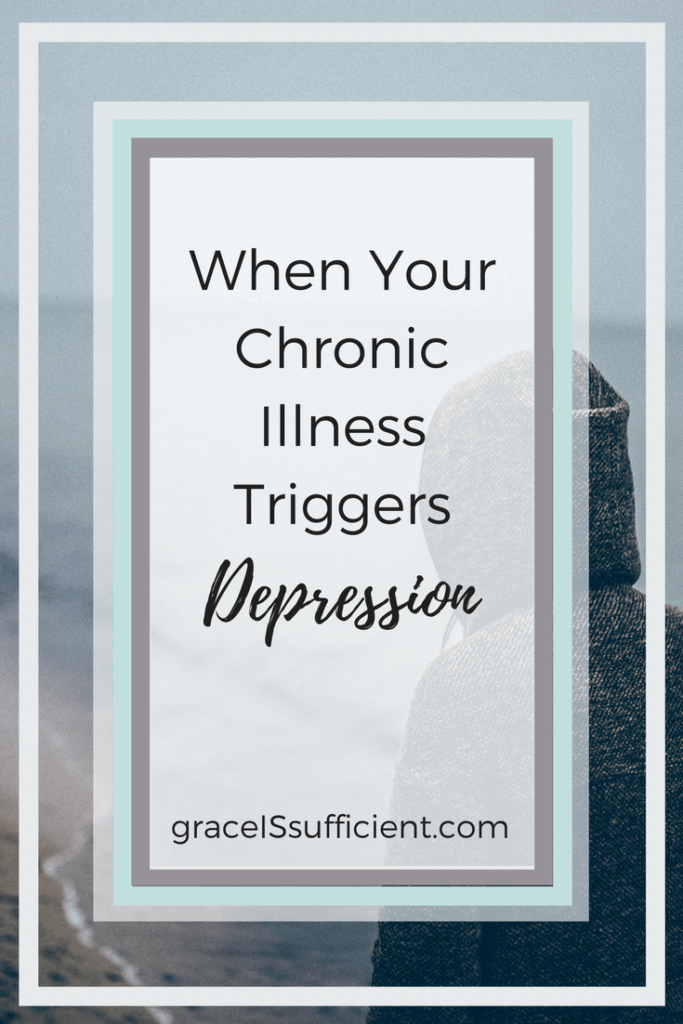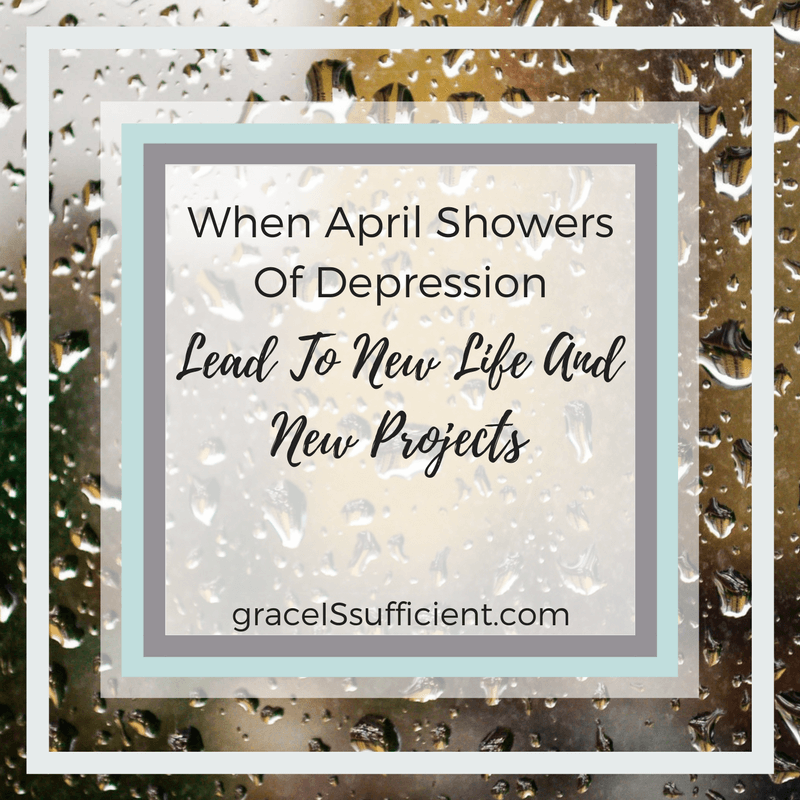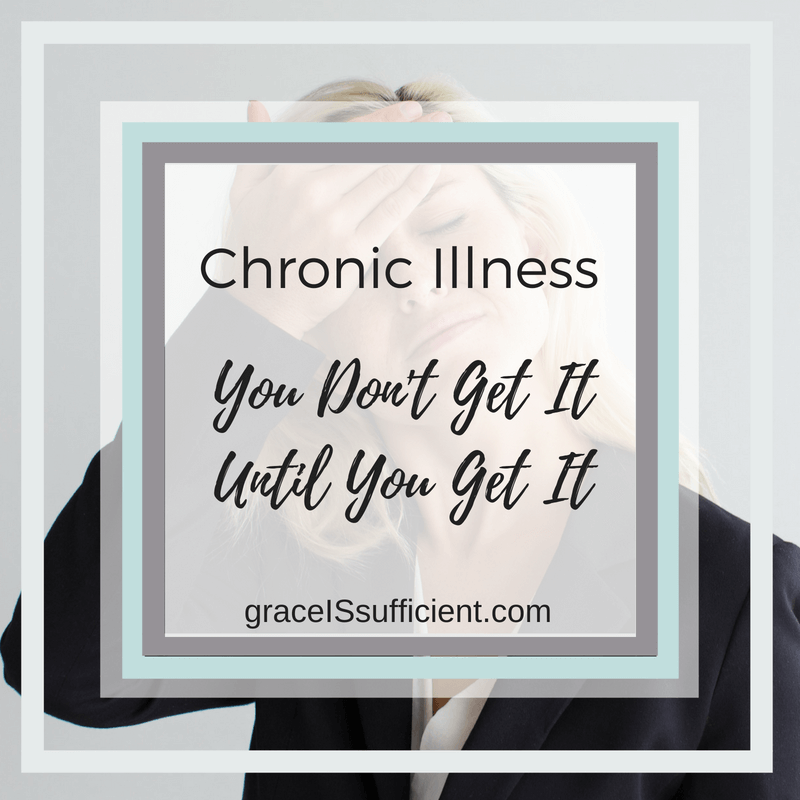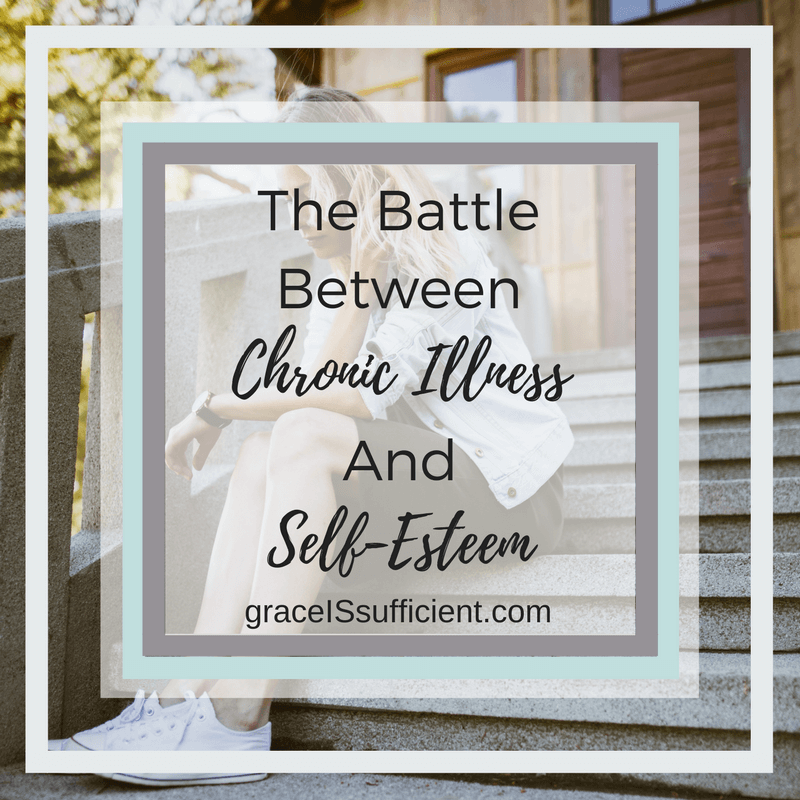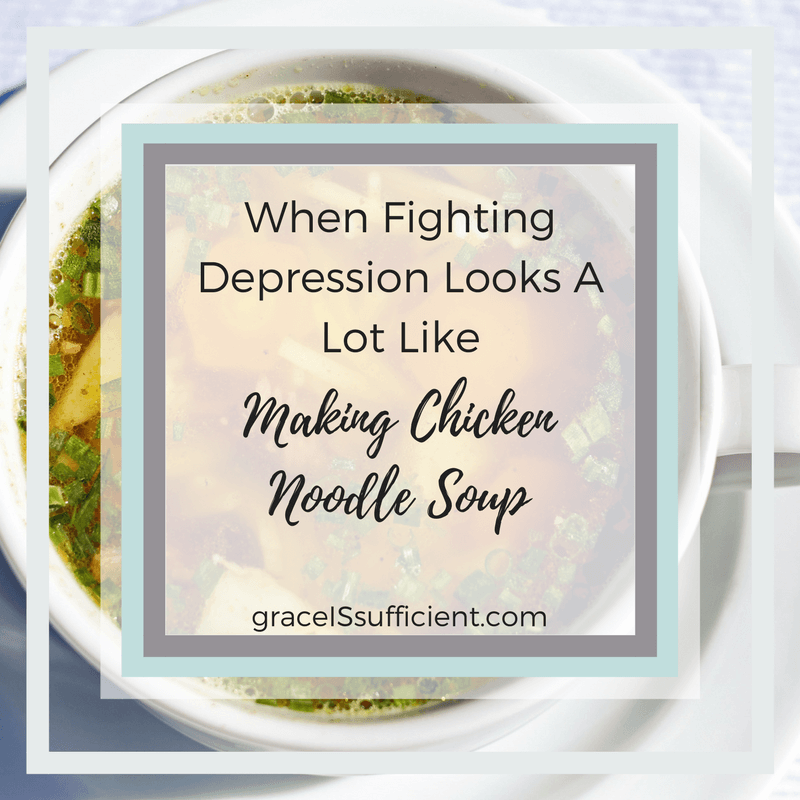When you’re diagnosed with a chronic illness it’s completely normal to go through a mourning period. You mourn the loss of the life you used to have and you mourn the loss of the life you planned on having.
Prior to the diagnosis, you hold out hope that whatever this is that’s plaguing your body, and your life is going to get fixed. Whether it’s a pill, some sort of physical therapy, or whatever the doctors need you to do – life will resume as it once was, right? Then you sit there and hear a few new medical terms and receive a new title that you never planned for and certainly never wanted.
You leave the office that day different than when you walked in.
You leave the dr office different than when you walked in. #chronicillness #diagnosis #spoonieThis initial feeling is called grief.
Grief eventually subsides. If six months later you’re functioning better, but still feel sad, it’s probably safe to say it is grief.
If you experience this grief and six months later you find you can barely function at all you’re probably facing depression. A depression triggered by the grief that comes from a life changed by chronic illness.
I urge you to talk to your doctor about your feelings. I know it’s so much easier to talk about symptoms of the illness but we seem to clam up when it comes to talking about our feelings. Your doctor will have the knowledge needed to determine the depth of the depression and a course of treatment.
You’re not alone!
Chronic illness can trigger depression.
It is estimated that one-third of patients with a chronic illness also receive another diagnosis of a mood disorder such as anxiety or depression.
#Depression isn't just sadness that you can't shake or grief you're holding onto for too longWhen we’re in the midst of our dark days we know our thoughts aren’t right. We know we have so much to be thankful for and that so many people have it far worse than we do. But we’re paralyzed. It holds a tight grip on our soul that we can’t seem to reason ourselves out of. We feel guilty that we’re not happy. We feel that this overwhelming depression is a slap in the face to God. After everything we’ve received from Him, we chide ourselves on what we feel is a lack of gratitude.
I think that’s why we all too often remain silent. When we know the thoughts in our head aren’t “right”, how are we supposed to express them to someone else and have them understand.
For some, the fall into depression is a slow fade. It starts with turning down an invitation to dinner with friends. You’re not sure why, but you just don’t feel up to it. Then you drop out of some activity you’ve participated in for years. Again, you don’t know why but isn’t pleasure in it anymore.
For a while, you’re able to pull it off at work or in other situations where you’re surrounded by others. Eventually, the thought of fixing yourself dinner seems too lofty of a goal.
I heard a Ted Talk on depression and the speaker said that he used to think depression was treatable with a few choice drugs and psychotherapy and everything else was nonsense. After all, if you have brain cancer and you say that standing on your head for 20 minutes a day makes you feel better, it doesn’t change the fact that you still have brain cancer. But when you’re depressed and you say that standing on your head for 20 minutes a day makes you feel better then you just might have found a viable treatment. Depression is a disease of how you feel and if you’re feeling better you’re not effectively depressed anymore.
So how do you find what makes you feel better? Here are a few tips…..
- Make it a daily practice to be in the word of God. Read through the Psalms. These are actually songs of praise and desperate cries to the Lord. You’ll find you can relate to quite a few!
- Don’t overwhelm yourself by taking on too much at one time. Focus on one thing that helps lift your mood. Write it down and return to that again and again.
- If you find some solace in reading, pick up a book and lose yourself in the story. Read a little every day.
- Eliminate the negative. Stay away from negative television such as crime dramas. Keep your tv shows light and comedic. Do the same for books and music.
- Think of something that used to make you happy before you became ill. Did you like to hike? You may not be able to take long hikes now, but try getting outside and walk around your block or just sit on your porch. Part of what you liked about hiking was being outside. Try to find some part of the lost activities that you can still do.
- Try a new hobby. Have you always thought about making jewelry or trying your hand at painting but never took the time. Now that you find yourself with more downtime experiment with something new.
- Help others by volunteering. When you put the focus on those less fortunate than yourself it actually helps you feel better about your own situation.
- Find someone you can confide in like your doctor, a therapist, friend or pastor. Meet with them regularly. Talking things through with another person that won’t criticize or diminish your feelings can help you see things in their proper perspective.
What types of activities do you use to fight off the dark depression that often accompanies your chronic illness? Please share it with us in the comments below. You may spark an idea for someone else who desperately needs some suggestions for the battle they’re in.
